Approximately 50% of children in the United States will witness the dissolution of their parent’s marriage. While managing the life transition is not easy for divorcees, it is particularly difficult for children. During the divorce, children deal with a sequence of negative interactions between their family and environment. These negative interactions are distressing, and children often have difficulty coping with them and making sense of their new familial environments. As expected, all of this can have significant negative effects on children’s mental and emotional health. How a child chooses to cope with the situation is paramount to their mental health and development in the long term. Thus, it is vitally important that children receive the assistance necessary to develop the healthy, active coping methods that best help them cope with and make sense of their new lives.
Coping can be defined as, “Cognitive and behavioral efforts to manage specific external and/or internal demands that are appraised as taxing or exceeding the resources of a person (Lazarous & Folkman, 1984, p. 141).” In other words, coping is what people do to manage the stress that specific problem(s) bring about. Therefore, how a person chooses to cope is directly related to how they will be able to relate to that issue. People typically choose one, or a combination of, four primary methods of coping. Those methods include active, avoidance, distraction, and emotional support coping.
Deploying effective coping methods will help people mitigate the stress of a particular issue, and give them a better chance at making a smoother adjustment in the long term. Conversely, mobilizing negative or avoidant coping methods can increase the effects of stressful events, making it more difficult to adjust to that issue. So, distinguishing the coping methods one is using is important in determining whether one will make a healthy recovery or not.
Active coping, the best and healthiest available method is characterized by cognitive decision-making, direct problem-solving, and positive cognitive restructuring. Those that employ active coping methods typically have fewer negative adjustment problems. They do this by utilizing positive cognitive reconstruction, which is merely trying to see the issue at hand in a new, positive light.
Avoidant coping occurs when an individual cognitively avoids the issue at hand by not thinking about it or pretending that it didn’t happen. Children, especially girls, that use avoidant coping methods have a more difficult time adjusting to life after the divorce because they never truly address the problem and how it affects them. Those that choose to avoid the issue also have a higher likelihood to develop symptoms of depression and exhibiting conduct problems in school.
Distraction coping, like avoidant coping, leads to adjustment problems. Distraction coping occurs when an individual uses some sort of substitute activity to take their mind away from the issue that’s bothering them. Kids that use this coping method typically have trouble academically and show signs of psychological maladjustment. The effects of stressful events can be compounded when using distraction as a coping method because the problems will build upon one another.
Support coping, or emotional support coping, is characterized by problem and emotionally-focused support. This involves openly speaking about their feelings regarding the situation and seeking out external resources to help solve the issue at hand. Those that choose support coping are less likely to show symptoms of depression and anxiety and report conduct issues.
Active and support coping are the two positive forms of coping, while avoidance and distraction coping are considered negative coping methods. As the stress of a situation increases, the more reliant an individual will become on the coping methods they deploy. Studies have shown that the negative events that occur after the divorce has occurred have a more significant impact on children’s mental health, so it’s vitally important to make sure they choose positive coping methods. Otherwise, the effects of any negative event will be exacerbated, and their adjustment will be protracted.
In 1994, Irwin Sandler, Jenn-Yun Tein, and Stephen G. West published Coping, Stress, and the Psychological Symptoms of Children of Divorce: A Cross-Sectional and Longitudinal Study. In the study, 258 children of recently divorced families conducted interviews over the course of a 5.5-month period. The goal of the study was threefold. First, they wanted to determine the children’s preferred coping method. Once that had been determined, they measured how stressful events and the coping method affected the children’s psychological systems. They then measured how those psychological symptoms changed over time.
They hypothesized that the psychological symptoms children exhibited at the time of the divorce would increase. Furthermore, it was predicted that children would deploy coping methods for the initial divorce, and increase their reliance on these coping methods when confronted with a stressful event after the divorce had occurred. To determine the children’s preferred coping method, they used the Children’s Coping Strategy Checklist (CCSC), which is a 44-item self-report measure of the coping strategies children use when they have a problem. Negative life events were accounted for with a checklist of 20 items, 17 of which specifically occurred to children of divorce. Finally, psychological symptoms, specifically depression, and anxiety were accounted for with the Child Depression Index (CDI) and the Children’s Manifest Anxiety Scale-Revised.
They found that the stress of negative events was significantly related to each coping strategy in a positive direction, meaning that stress leads to an increase in coping strategies. If they employed one of the positive coping strategies, active or support coping, the child’s psychological symptoms tended to decrease. Whereas the children that used avoidance or distraction coping, had their psychological symptoms worsen over time.
All of the data from Sandler et al. supports the notion that the stressful events occurring after the divorce are involved in the development of psychological symptoms in children. Developing depression and anxiety issues at a young age can stunt psychological and emotional development. The only way to make sure that children are not permanently perturbed by divorce is to make sure they develop healthy and positive methods to cope with the stress.
The professional help of a divorce therapist will ensure that your child will actively address the issues most pertinent to them regarding the divorce. By talking about their issues, they are seeking an understanding of the issues that they cannot comprehend individually. Additionally, a therapist can equip them with the problem-solving and decision-making skills necessary to conduct positive cognitive restructuring on their behalf. Gaining a full understanding of their situation in a constructive environment will ensure their full recovery and development.
The healing process takes time, and there will certainly be hiccups along the way, but the direct assistance of a licensed professional will help teach them how to weather those storms in ways that best suit that child individually. Developing their unique approach to solving emotional problems will provide the strength to grow from the situation at hand, and when confronted with future problems.
Every child's experience of divorce is unique, and our experienced therapists work closely with each child to develop a personalized Children of Divorce plan that addresses their specific needs and concerns:
If you're seeking guidance to help your child navigate the challenges of divorce and build a foundation for a resilient future, Clarity Clinic is here for you. Our dedicated team is committed to supporting children in their journey towards healing and growth.































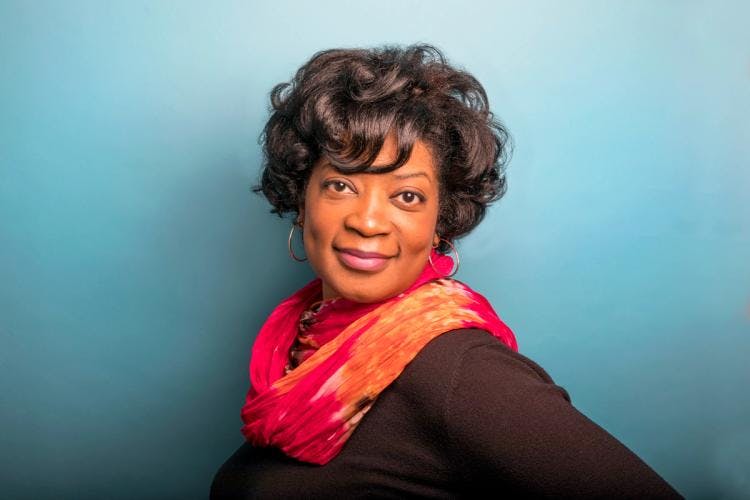
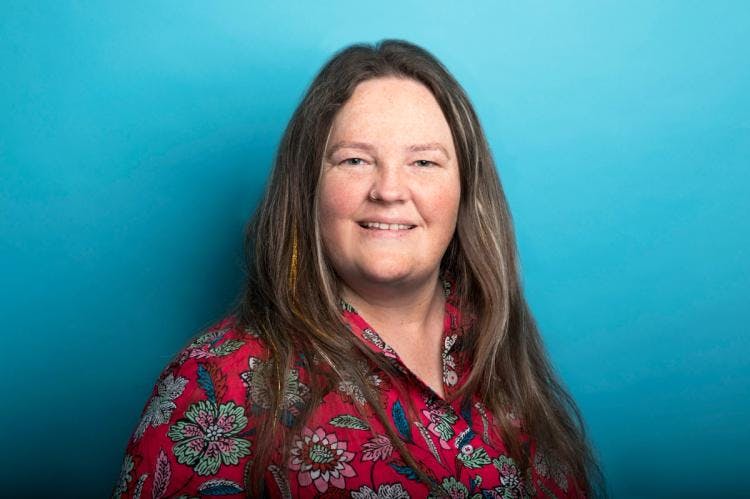






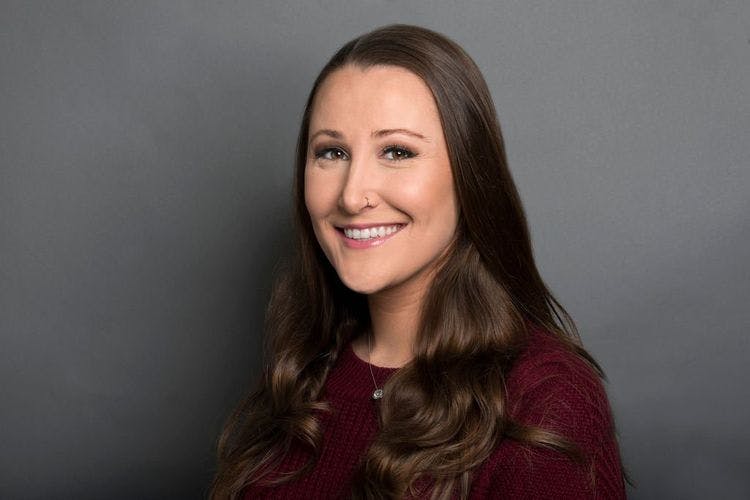









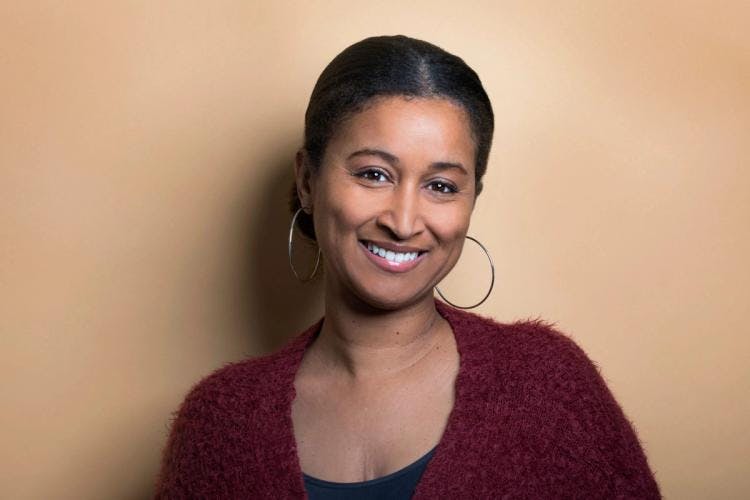
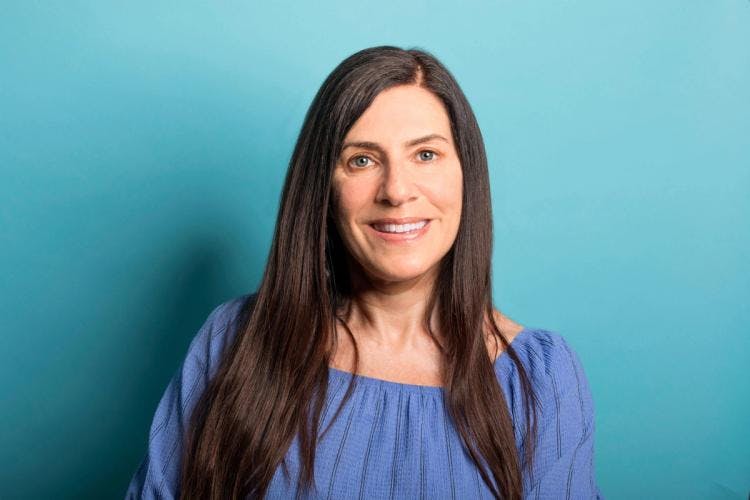




Our Services
Virtual/Online CarePHP and IOPAdult PsychiatryChild & Adolescent PsychiatryAdult TherapyChild & Adolescent TherapyCouples CounselingFamily TherapyGroup TherapyPsychological TestingTranscranial Magnetic Stimulation (TMS)